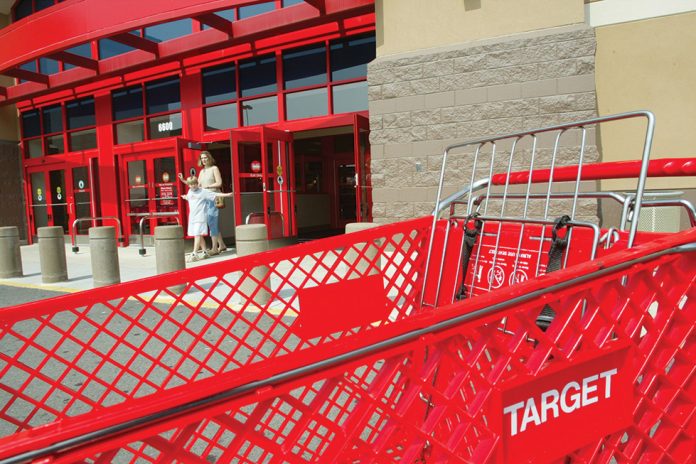U.S. retailer Target’s move out of Canada sent more than shock waves through the Canadian retail industry. A rippling effect is still being felt by retail mall landlords and their tenants across the country.
Last year’s closing of all 133 of Target’s Canadian stores has raised issues with other retailers. Large chains such as TJX Cos Inc., owners of Marshalls, Winners and HomeSense, and Gap Inc, who also own Old Navy, want to exercise their co-tenancy rights. These rights would enable them to negotiate lower rents or leave the mall entirely without penalty. However, this move would cause further financial strain to landlord companies. The retail space must be re-leased, and without an anchor store such as Target in the mall, landlords would have to lower leasing prices.
However, in many an upheaval an opportunity may be found. In the case of retailers looking for a new space, one will probably find a good price for a new store with the former Target landlords. Some of the landlord companies affected by Target’s departure are Ivanhoe Cambridge and Oxford Properties Group Inc. while RioCan Real Estate Investment Trust was the largest former landlord of Target.
Independent health food retailers are often upset about mass market chains carrying the same products, but the failure of Target in Canada shows that even the mighty can fall. Market analysts have many theories, but at the end of the day, most Canadian consumers aren’t swayed by American-style marketing, which is designed more for the mass market.
Canadian consumers appreciate the more personalized approach of independent health food retailers and if you doubt that, then how do you explain the continued growth of our Canadian health food industry while retail giants topple?









